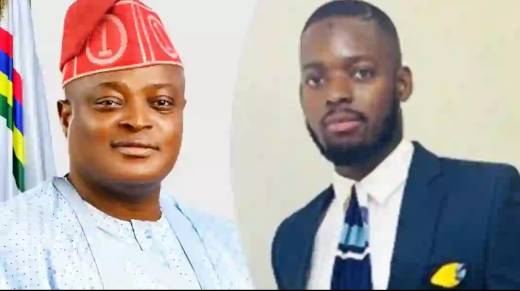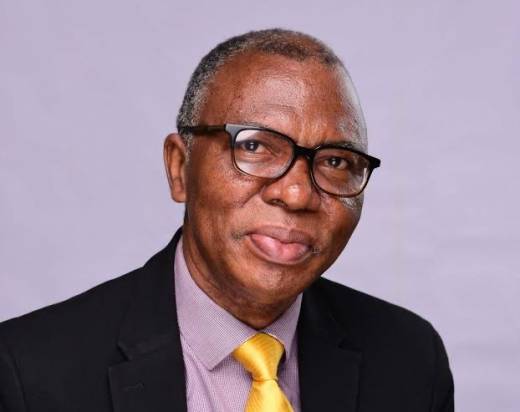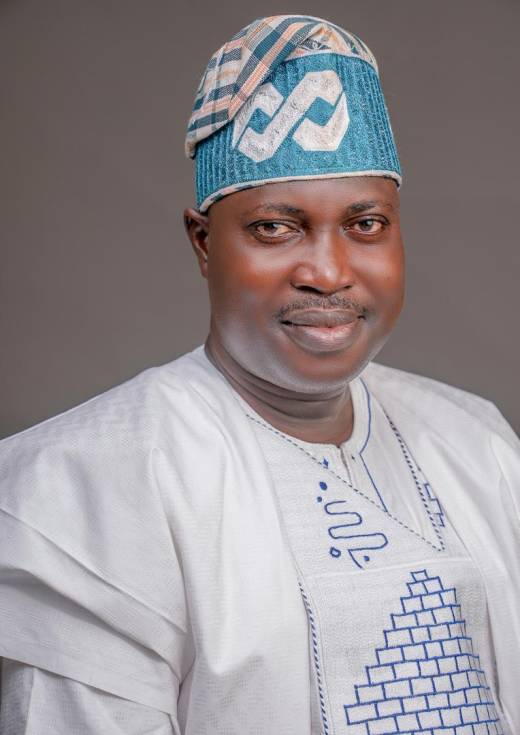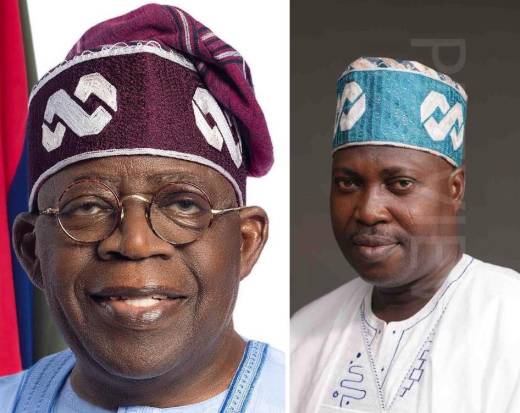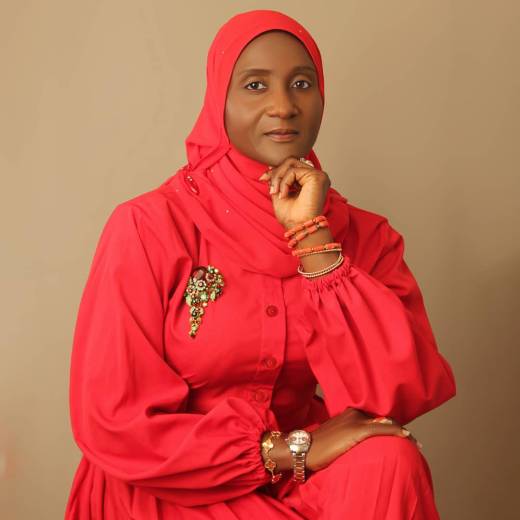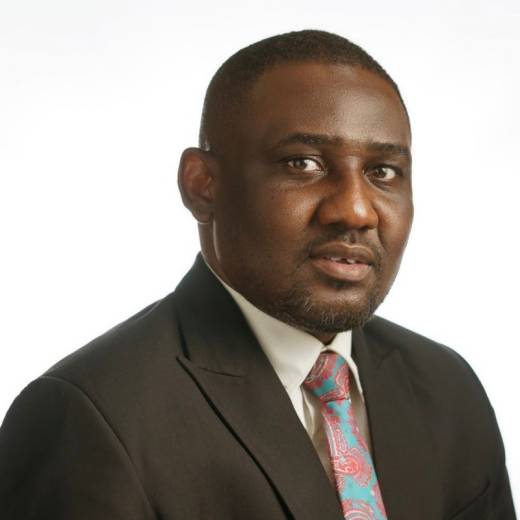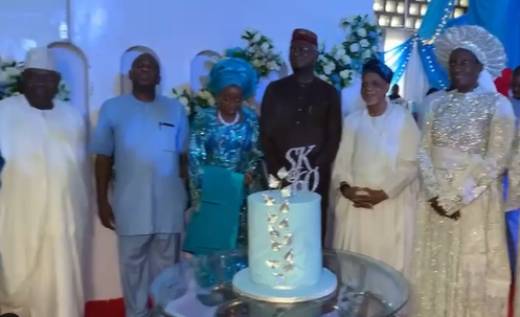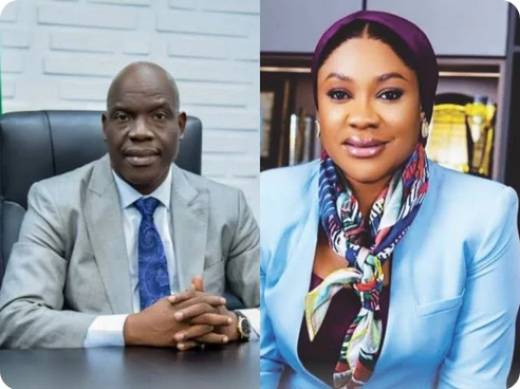Kunle Awosika
LG Polls: Obasa's Plants Stooge On Agege LG To Pave Way For His Son's Eventual Takeover
The decision by President Bola Ahmed Tinubu to drop Abdul Ganiyu Obasa, son of the Speaker of the Lagos State House of Assembly, Mudashiru Obasa does not go down well with the Speaker.
Two Years of Impact: LASUSTECH Thrives Under Professor Odusanya’s Leadership
Lagos State University of Science and Technology (LASUSTECH) has emerged as a beacon of academic excellence and innovation, driven by the visionary leadership of its Vice-Chancellor, Professor Olumuyiwa Odusanya.
'We Will Make You Proud' - Agege Chairmanship Hopeful, Hon. Taiwo Olasunkanmi Assures President Tinubu After Stopping Imposition In LG/LCDA Elections
'When everyone is allowed to play on a level playing field, it ensures that the best man for the job gets the job' is how the Agege Local Government Chairmanship hopeful, Hon. Taiwo Olasunkanmi Samuel described the turn of events following the intervention of President Bola Ahmed Tinubu GCFR in the current scheme of things in Agege and other LGAs/LCDAs in Lagos, Trek Africa Newspaper can report.
TOS commends President Tinubu for upholding due process in Agege LGA race
A leading chairmanship aspirant for Agege Local Government, Taiwo Olasunkanmi Samuel, has expressed deep appreciation to President Bola Ahmed Tinubu for ensuring transparency and fairness in the emerging political process that has characterised the forthcoming local government elections in Lagos State.
Airtel Helps Rescued Women Reconnect with Families; We’re Committed To Giving Back To Society – Femi Adeniran
Leading telecommunications service provider, Airtel Nigeria, has stepped in to support 31 Nigerian women recently rescued from Ghana, helping them reconnect with their loved ones and begin the journey to rebuilding their lives.
Adebola Adeyemi redefines optimal wellness
Dr. Adebola Latifat Adeyemi is a compassionate natural medicine expert and Hijama therapist dedicated to holistic healing. Formerly a journalist, her journey into naturopathy began after a personal health challenge that inspired her to integrate natural medicine into Nigeria’s healthcare system.
UBA’s Abiodun Coker Honoured: The PR Star Making Major Waves
Like the proverbial saying that “Great leaders are not born; they are shaped by experience, challenges, and a desire to grow." This attestation perfectly captures the journey of Abiodun Coker; a resilient, growth-driven leader shaped by experience, not titles. He turns challenges into wisdom, leads with purpose, and inspires others through his continuous pursuit of growth.
The City People Gathers to Celebrate Seye Kehinde at 60!
Lagos stood still as the city’s finest gathered to honour a man who doesn’t just report the news but he moves with it. Dr. Oluseye Kehinde, the iconic publisher of Nigeria’s most-read celebrity tabloid, City People Magazine marked his 60th birthday in grand style; surrounded by the very people he’s walked, talked, and danced with for decades.
Gbenga Komolafe, EFCC Fugitive Aisha Achimugu Linked to $5 Million Oil Block Scandal
Gbenga Komolafe, the pioneer chief executive officer of the Nigerian Upstream Petroleum Regulatory Commission (NUPRC), stands accused of orchestrating a $5 million oil block scandal with fugitive businesswoman Aisha Achimugu, a transaction that insiders say reflects the rot undermining Nigeria’s oil sector.
UBA Launches Game-Changing PoS Terminal and MONI App - Africa's Digital Payment Revolution Begins
Africa’s Global Bank, United Bank for Africa (UBA) Plc, has unveiled its vastly improved Point of Sale (POS) Terminal as well as the UBA MONI App to redefine the digital payment landscape and empowering small and Medium Scale Enterprises across Africa.


